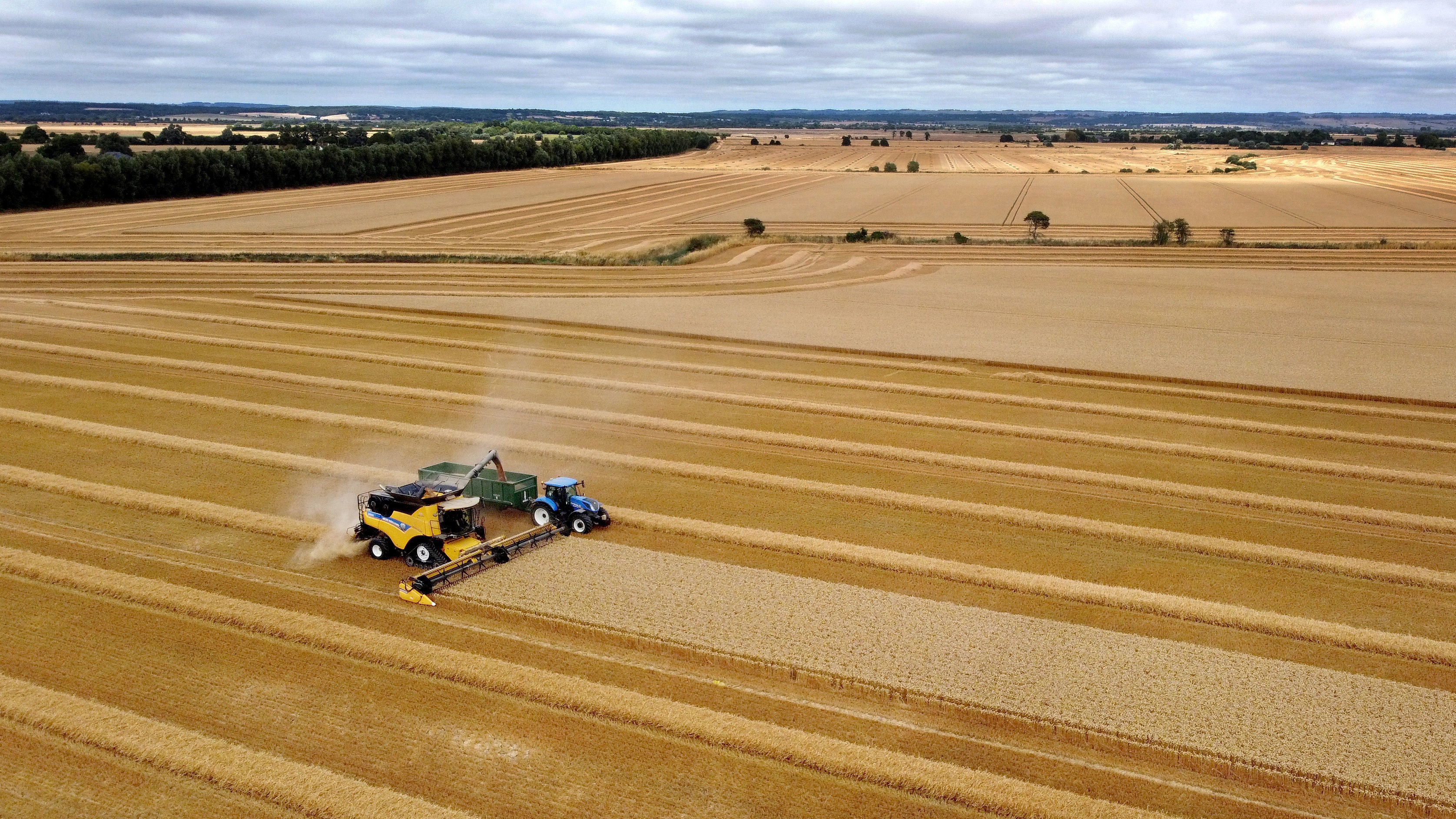Hosepipe ban: What are they, why are they imposed and where have they been announced so far?
Millions are being asked not to use a hosepipe to water gardens, clean cars or fill paddling pools

Your support helps us to tell the story
From reproductive rights to climate change to Big Tech, The Independent is on the ground when the story is developing. Whether it's investigating the financials of Elon Musk's pro-Trump PAC or producing our latest documentary, 'The A Word', which shines a light on the American women fighting for reproductive rights, we know how important it is to parse out the facts from the messaging.
At such a critical moment in US history, we need reporters on the ground. Your donation allows us to keep sending journalists to speak to both sides of the story.
The Independent is trusted by Americans across the entire political spectrum. And unlike many other quality news outlets, we choose not to lock Americans out of our reporting and analysis with paywalls. We believe quality journalism should be available to everyone, paid for by those who can afford it.
Your support makes all the difference.A number of water companies have introduced hosepipe bans after southern England recorded its driest July on record.
The Independent looks at what the restrictions mean, why they are introduced and where they’ve been announced so far in Britain.
What is a hosepipe ban?
If a hosepipe ban, sometimes called a temporary use ban, has been introduced in your area, it means you must not use a hosepipe that is connected to your mains water supply.
The rules mean you must not use a hosepipe to water your garden, clean your car, fill swimming pools, paddling pools or ponds or to clean windows, patios and paths.
Why are they imposed?
The bans are put in place by water companies to ensure essential water, such as for drinking, is available for all customers.
They are also used to protect the environment when companies believe further abstraction will damage ecosystems such as rivers.
Water companies told The Independent that the decision to put restrictions in place depends on a number of factors.
A spokesperson for Anglian Water said rivers, reservoirs and groundwater sources have trigger points at which point companies need to apply to the Environment Agency for a drought permit so they can continue to use them despite low capacity.
Sometimes hosepipe bans are needed before a drought permit can be granted.
This July was the driest in England since 1935 and the driest July on record for East Anglia, southeast and southern England, according to the Met Office.
There is no strong indication that there will be any meaningful rainfall in southern England in the first weeks of August and the likelihood remains that there will be low rainfall throughout the month, a spokesperson for the Met Office said.
Which parts of the country have imposed bans so far?
So far, Southern Water and South East Water have announced hosepipe bans in Hampshire, the Isle of Wight, Kent and Sussex. The former will come into effect on Friday 5 August and the latter on Friday 12 August.
The Isle of Man has introduced its own ban and Welsh Water has announced its own for Pembrokeshire, due to come into affect on Friday 19 August.
Southern Water said its ban will ease pressure on the River Test and River Itchen, which supply the area with some of its water.
Water levels in the rivers have dropped due to the dry, hot weather, as well as growing demand and are now 25 per cent lower than they should be at this time of year, the water company said.
South East Water said it will also introduce a ban saying the lack of rain and record-breaking demand had caused supply problems.
It said it had asked its customers for voluntary restraint but continued to see high demand across its network. Some customers have had to rely on bottled water stations, when mains water supply was interrupted.
Are other water companies also considering a ban?
It remains unclear if other companies will announce a ban in the coming days and weeks.
Anglian Water said it has no plans to do so in its region but said that it was watching things closely to see how river levels respond if the weather stays dry.
Thames Water told The Independent earlier this week that it was not expecting to need to introduce restrictions this summer.
However, it said its reservoirs had fallen below average levels for this time of year and that in the past three months the greater London area had received only 65 per cent of the average rainfall.
If it does not receive around or above average rainfall in the coming months, this will increase pressure on its resources and may result in restrictions, it added.



Join our commenting forum
Join thought-provoking conversations, follow other Independent readers and see their replies
Comments